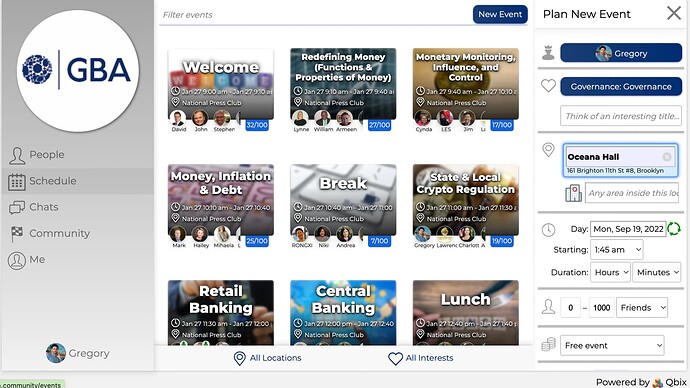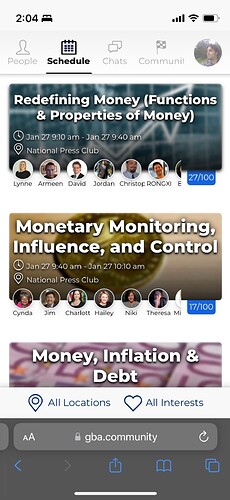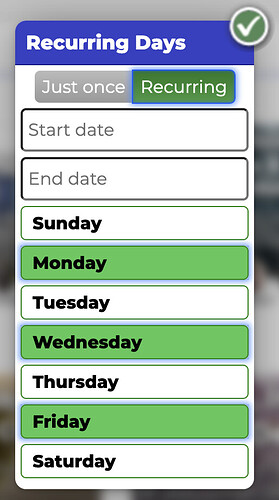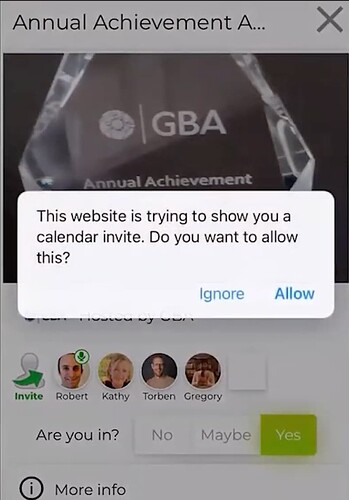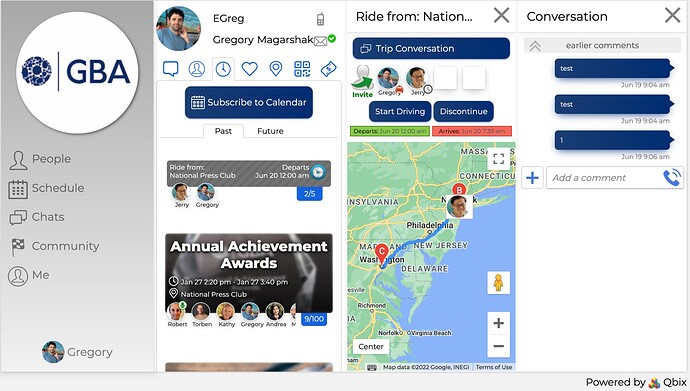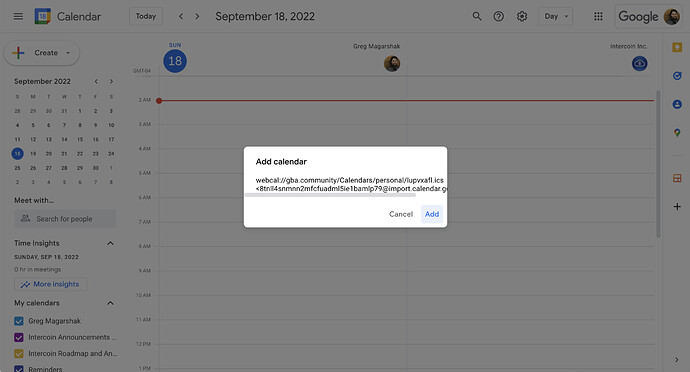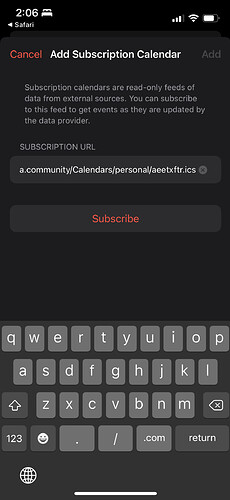Events Overview
Qbix Platform helps communities organize and plan events, that can take place in the real world, as well as include teleconferencing online. (We’ve also begun to work with partners to create blended “metaverse” experiences involving VR, XR and time-shifting). People can attend online, or in person, and check in by scanning QR codes.
Events can be free, requirement payment or optional donation. Users can pay for event reservations by using credits, which they can buy with a credit card or crypto. Canceling a reservation may refund some or all of these credits. Attendance at an event is confirmed by scanning a QR code, which may deduct credits for attending the event. This enables the user to leave a review of the event, attend the live teleconference, and connect with other event attendees afterwards.
Events can be grouped into “Programs”, for example for conferences by event organizers. For example, see the event schedule for Government Blockchain Association, and the testimonial from their director.
It serves as a great way to list events for attendees to quickly view on their phones:
Example Use Cases
Teleconference and Hosts A podcast might have events online that host a live show, similar to Clubhouse Rooms, Twitter Spaces or Telegram Videochats, but taking place on their own website. One or more hosts can invite people up to speak during the event. Afterwards, the video of these events can be edited and saved by the Media plugin, as episodes that the community can discuss, and cut out clips from to share on social media.
Services and Staff On the other hand, a real-world school or business can offer time slots in various locations, for people to make reservations. Whenever this happens, an event is scheduled. Staff from the organization which publishes the event can be recruited to service the event. Staff members can scans the guest’s QR code as confirmation of services provided, and the Organization can organize Payouts to them based on how many satisfied guests they have performed services for.
Day Care Centers Sometimes, the users of the app don’t attend it themselves, but make reservations for their children or pets to attend. They can arrange for Group Rides to and from the events, and follow their locations on their phones. Within the Location, as the child goes from Area to Area throughout the day, their QR code is scanned to indicate handoffs between the staff, so their parent can always know where they are at the moment. The staff can also start a chat or teleconference with the parents as needed.
Group Activities Usually, admins of a Community define services and create larger events, but sometimes a community can get far more engagement if it also allowed its members to self-organize smaller events around their own time and interests. However, a community can choose to let any members start a Group Activity, around various Interests (such as Dining: Chinese Food, or Sports: Rock Climbing). The event’s picture and title will come from the Interest, so as to prevent profanity in user-generated content. Members can also invite guests to their own unofficial group activities, and these guests can gradually start to get involved with the rest of the community and its official events.
Recurring Events
When creating an event, a user can set a rule to make it Recurring. When people RSVP to a specific event (such as a class), they will be able to optionally RSVP to one or all of its recurring instances (such as all sessions of a course). This also works together with Group Rides, so that a driver may commit to making a recurring trip 3 days a week, they might pick up the same passenger 2 out of those 3 days every week, and so forth.
Calendar Integrations
The start and end times of events that take place in the real world is scheduled and displayed in the time zone of the event Location, while the videoconferencing is scheduled and displayed in the current time zone of the browser or app.

When users RSVP Yes to an event, the website downloads an .ics file to add it on their native calendar, such as on iOS. On the other hand, on Android, it opens the Google Calendar page for them to add it there.
Users can also view their schedule of events that they are going to, and rides to and from and between them, in chronological order:
Users can subscribe to their own schedule as a calendar, on Google Calendar and also iOS. From then on, their device will periodically pull new events in the background, so they’re always available (though the user would have to explicitly allow Alerts):
In the future, we plan to integrate Google Calendar via oAuth, to add events to it directly, and query Google for times the user is free/busy.
